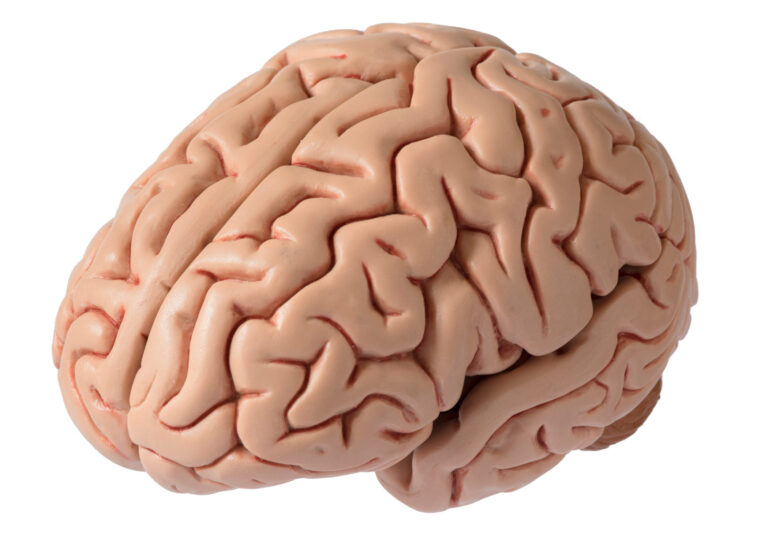Dementia is a progressive disorder that affects the brain and causes a decline in cognitive function, memory, and behavior. It is estimated that over 50 million people worldwide are living with dementia, and this number is expected to triple by 2050. While there is no known cure for dementia, researchers have been studying various risk factors that may lead to its development, and one such factor is head trauma.
Head trauma, also known as traumatic brain injury (TBI), occurs when there is a sudden, violent blow or jolt to the head, which can cause damage to the brain. This type of injury can range from mild concussions to severe skull fractures, and it is often caused by falls, car accidents, sports injuries, or physical violence. TBI is a major public health concern, with an estimated 10 million cases worldwide every year.
The Connection Between Head Trauma and Dementia
Recent studies have shown a strong connection between head trauma and an increased risk of developing dementia later in life. In fact, a history of head trauma has been identified as one of the most significant risk factors for developing dementia, alongside age and genetics.
Researchers have found that individuals who have experienced a TBI have a higher risk of developing various types of dementia, including Alzheimer’s disease, Parkinson’s disease, and chronic traumatic encephalopathy (CTE). This risk is particularly high in those who have had repeated head injuries, such as athletes in contact sports like football, boxing, and hockey.
The exact mechanism behind how head trauma leads to dementia is still not fully understood. However, scientists believe that it may have something to do with the build-up of abnormal proteins in the brain. When a head injury occurs, it can disrupt the brain’s normal functioning and cause an increase in these proteins, which can eventually lead to the development of dementia.
Another theory suggests that head trauma can cause damage to the blood vessels in the brain, leading to reduced blood flow and oxygen supply. This, in turn, can contribute to the degeneration of brain cells and the development of dementia.
The Link Between Head Trauma and Early Onset Dementia
While the link between head trauma and dementia is well established, recent studies have also shown that there may be a significant connection between head injuries and early-onset dementia. Early-onset dementia refers to the development of dementia before the age of 65, and it is estimated that up to 10% of all dementia cases fall under this category.
One study, published in The Lancet Psychiatry, found that individuals who had suffered at least one severe head injury were four times more likely to develop early-onset dementia than those who hadn’t. Furthermore, those who had experienced multiple head injuries were at an even higher risk for developing the condition.
The Impact of Head Trauma on Dementia Progression
Aside from increasing the risk of developing dementia, head trauma can also have a significant impact on how the disease progresses. Studies have shown that individuals with a history of TBI tend to experience a more rapid decline in cognitive function and a greater severity of symptoms compared to those without such a history.
Furthermore, head trauma can also complicate the diagnosis and treatment of dementia. The symptoms of TBI can often overlap with those of dementia, making it challenging to differentiate between the two. This can lead to delayed diagnosis and treatment, which can have a negative impact on the individual’s overall health and well-being.
Prevention and Treatment
Given the strong link between head trauma and dementia, it is crucial to take steps towards prevention. One way to do this is by practicing safety measures to reduce the risk of head injuries, such as wearing helmets while participating in sports or using appropriate restraints while driving or riding in a vehicle.
Additionally, early diagnosis and treatment of TBI can also play a role in preventing or delaying the onset of dementia. Seeking immediate medical attention after a head injury can help prevent further damage to the brain and allow for prompt treatment.
While there is currently no cure for dementia, early diagnosis and treatment can help slow its progression and improve the individual’s quality of life. Treatment options may include medication, therapy, and lifestyle changes, such as a healthy diet and regular exercise.
In conclusion, there is a strong connection between head trauma and an increased risk of developing dementia. Individuals who have suffered head injuries should be aware of this risk and take necessary precautions to prevent further injury. It is also important to seek medical attention immediately after a head injury to ensure proper treatment and minimize the impact on cognitive function. By understanding the connection between head trauma and dementia, we can work towards reducing the prevalence of this devastating disease.




